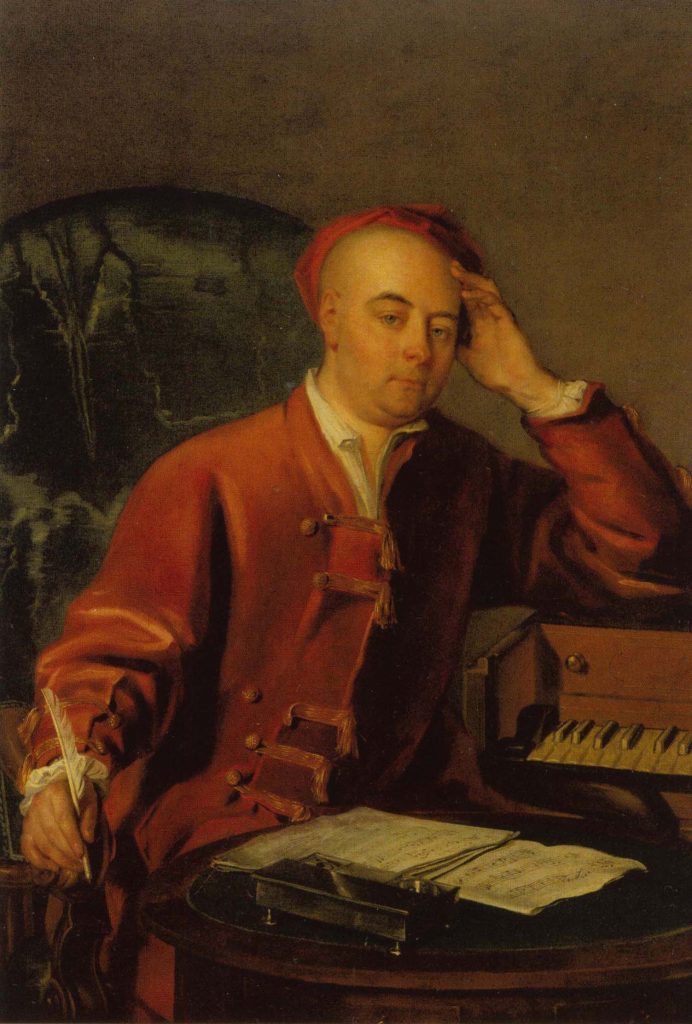North Texas Choir leads the way in Fort Worth Symphony’s “Messiah”

The Fort Worth Symphony Orchestra’s Friday night presentation of Handel’s Messiah, was, if nothing else, a strong display of choral form. Under the baton of Allen Hightower, the University of North Texas A Cappella Choir was consistent and sturdy in blend, articulation and expression, and succeeded where other elements of the performance fell short.
Even in an abridged version of the Handel holiday favorite — like this one at the Murchison Performing Arts Center in Denton — the demands on the four soloists can be daunting. It calls for bold, well-shaped legatos, buoyant coloratura, and nimble melismatic phrasing throughout all the arias, while also stressing strong diction and clarity. In this regard, the solo performances were sometimes found wanting.
Mezzo-soprano Hilary Grace Taylor was the standout. Her tone was rich and supple in the mid-range, though a bit chesty in the low-end. Her reading of “But who may abide” was marked with lush, long phrases through the opening theme, and a clean coloratura through the faster B section. “He was despised,” which opened the second half of the show, was lovely and dark tasteful ornamentation on the da capo.
Myles Pinder’s tenor, which is the first vocal presentation in the score following the opening Symphony, was deep and warm, much like a baritone. This color and vocal texture can work in some instances, but it lent the familiar “Every valley shall be exalted” a less triumphant mood. Still, Pinder’s sense of Baroque stylization and interpretation was astute and appreciated, especially in the softer accompagnato “Comfort ye.”
Soprano Jocelyn Hansen was sweet and lilting in the alternating recitatives and accompagnatos of the first half. She sang with a silvery tint on “And lo, the angel of the Lord” and “And suddenly, there was with the angel.” But the bolder aria that follows, “Rejoice greatly,” sat primarily off of her breath, and therefore lacked the requisite heft and shine.
Baritone David Robinson gave a satisfying read of “The people that walked in darkness.” The aria was looming, dark and foreboding, and given balanced support from the orchestra. The unison lines were clean and well-executed. But his interpretation of “Behold, I tell you a mystery,” in the latter half of the program, left him buried under the accompaniment.
Hightower, the university’s choral studies director, conducted with a fluidity that translated well for the choir, but produced an overall slower, dragging delivery from the orchestra. This divergence, however, did not affect the orchestra’s balance of color, as the central Pastoral Symphony was light, bright and uplifting, and a timely break from the heavy reverence of Part I.
The choral movements were the highlight of the show. The choir’s performance of “And He shall purify” was engaging, with thoughtfulness in dynamic ranges and phrasing. The dizzying melismatic lines in “For unto us a child is born” were expertly executed, and “Since by man came death” was appropriately weighted in the bare dissonant sections. With crisp, unified diction and vibrant coloring, the UNT singers brought energy and dimension to an otherwise middling performance.
The performance repeats 7:30 p.m. Monday, December 9, at Bass Performance Hall in Fort Worth. fwsymphony.org; 817-665-6000